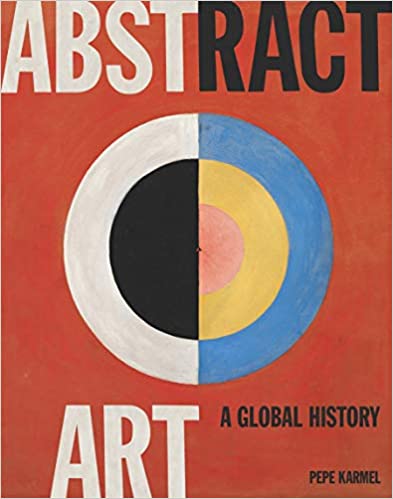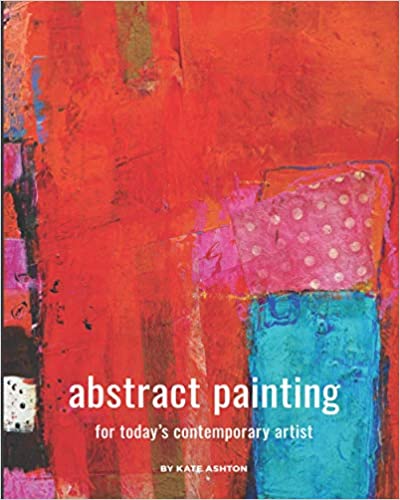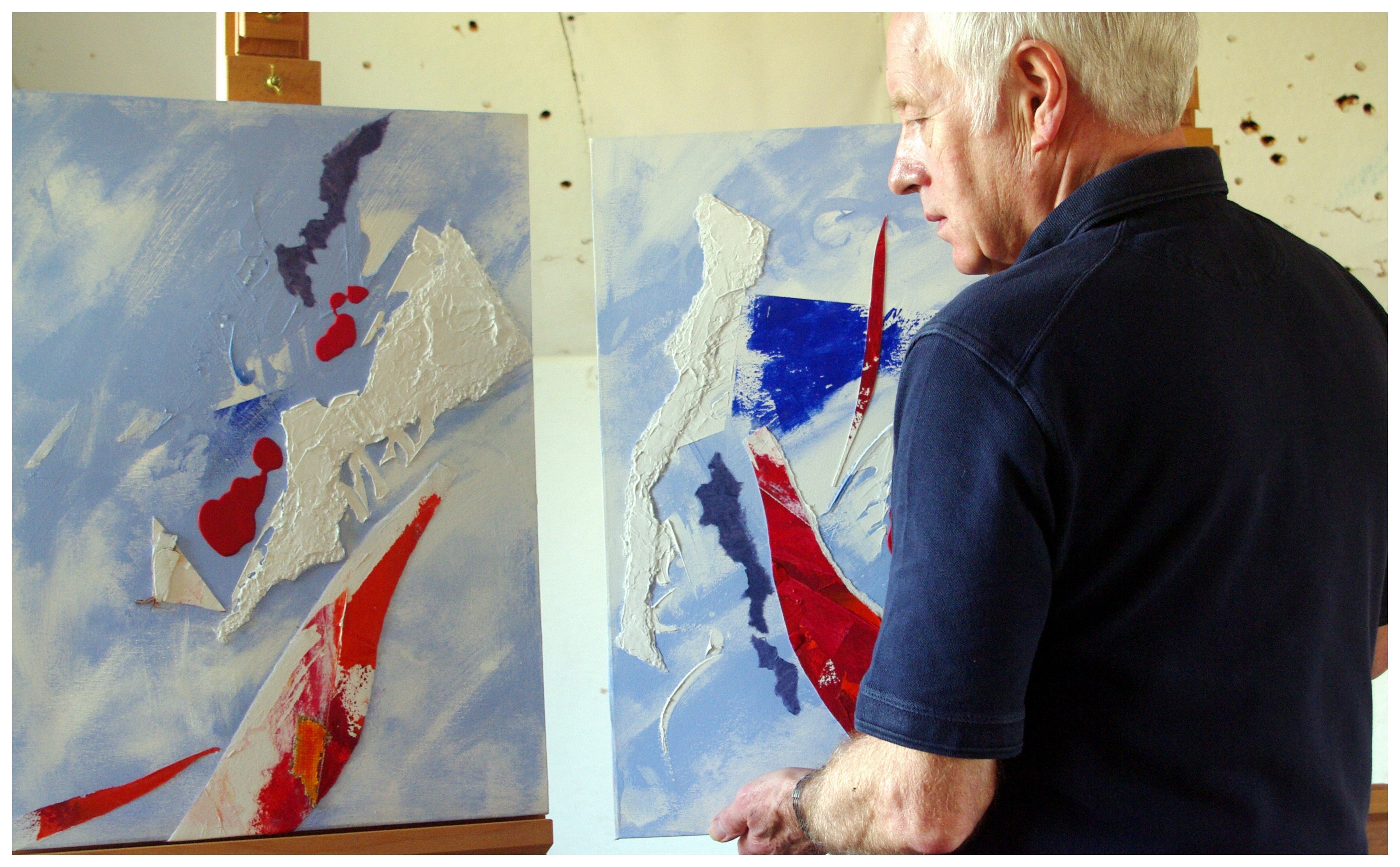What makes a good abstract painting?28/10/2021Author: Tammy Woodrow
Sometimes when you visit exhibitions you overhear people saying ‘My child could have painted that’ or ‘I could have made that’. You will recognize these derogatory remarks about contemporary abstract works. What is it that makes some people so anxious about looking at something that they don’t recognize? Why can’t they rely on their intelligence and imagination to decipher an artwork? Is it a lack of confidence and experience in approaching unknown quantities? But sometimes artworks don’t need to be explained; they just exist for their forms and shapes. Some artists want you to finish their intentions; they don’t want to prescribe a certain outcome in your thoughts and feelings. The works are left open to interpretation. After all, we still live in a free country. There is no right or wrong in art. That’s why I love working in this field. Anybody involved in art, either making it or looking at it, has a valid point of view. And it’s these philosophical discussions about the why and how behind someone’s opinion that keeps art so dynamic, fascinating and constantly evolving. Perhaps you first need a workable definition of the term ‘abstract’ for this discussion about the meaning of abstract art, if there is one intended, because it covers such a vast area. The painter Wassily Kandinsky said ‘Lend your ears to music, open your eyes to painting, and … stop thinking! Just ask yourself whether the work has enabled you to ’walk about’ into a hitherto unknown world. If the answer is yes, what more do you want?’ Isn’t that a great approach, if abstract paintings make you travel, without moving, into another world, what more do you want? After I graduated with a BA Honors Fine Art I started my practice with experimenting in painting in an abstract manner. But I can see now where I went wrong and why I was not getting meaningful, effective results: I am not good at drawing things. And almost all brilliant abstract artists start by making figurative work first. It takes those artists years, travelling on an intellectual, academic and spiritual journey to reach their abstract destination. Think of figures like Mondrian, Heron, Hepworth. Even Picasso and Duchamp started their early careers by making ‘retinal art’ or art that was merely pleasing to the eye and not challenging the mind. When you look at George Taylor’s work which is included in the UK Artists online gallery, you can see an array of immensely strong emotive abstract paintings. You could hang these on your wall and you would never ever get bored of them. Why not? For some people with closed-off minds, these blobby works could seem immature and childish. But for those who are open-minded these pieces are portals to other worlds. They are multi-layered with interpretations and sometimes there are hints in titles but these are just words and not definitive answers. You as the viewer can keep exploring and discovering George’s mental universe. So what makes a good abstract work? Nowadays modern abstract art can be made of any material, it can be 2 or 3d. As long as it has been accepted by the art world it could be anything. But to make it good, it has to change you, your mind or your feelings. If you want a perfect picture of a beautiful flower, you photograph it. If you want to show someone how you feel seeing a beautiful flower, you try to capture these feelings in paint or any other materials. Good abstract art makes the unseen seen.
Further Reading
Abstract Art: A Global History by Pepe Karmel
Abstract Painting: For Today's Contemporary Artist by Kate Ashton
|
What makes a good abstract painting? |




Comments
Neil Moore - 02/11/2021 00:00
I am figurative realist painter (retinal artist?). It took me many years to realise that the 'success' of a realist painting always depends on the abstract values. The juxtaposition of colour, tone, texture is common to all painting whether it representational or abstract (and everything in between). Thank you for a thought provoking article.
Green Gerald - 05/11/2021 00:00
Once any of us put our work out into the world, however we choose to express ourselves, we relinquish control as to how it might be received and judged through others' validation, recognition, or rewards. The less we are attached to these 'outcomes' the less we will be affected by them, whether from criticism, rejection, or by the so called “inexperienced, closed-off minds of audiences who make derogatory comments”. It is obviously gratifying when others also relate to what we do but the only validation we really need to support and sustain us comes from within and the realisation that 'effort' not 'results' - good or bad, is enough. Gerald Green
UK Artists - 05/11/2021 00:00
Thank you Neil and Gerald for your thoughtful and insightful comments. Grace Newman